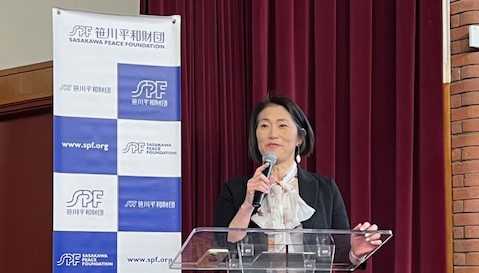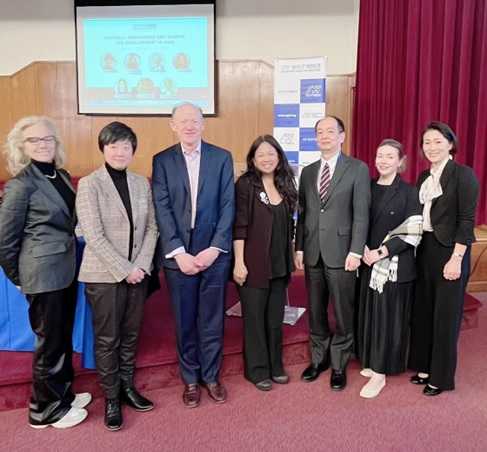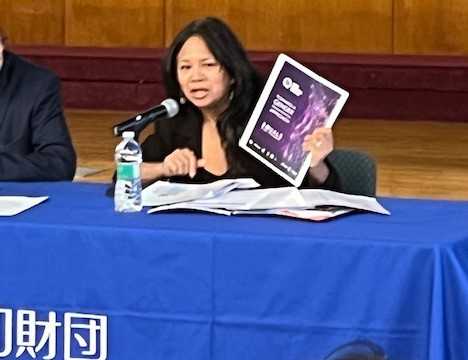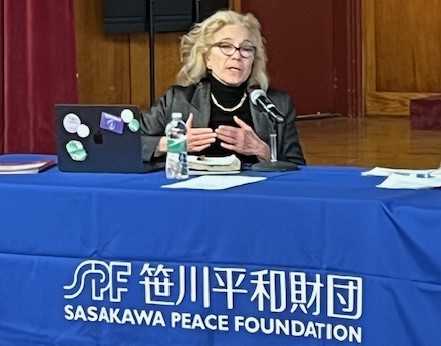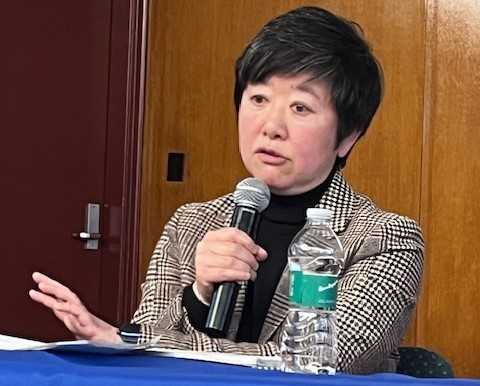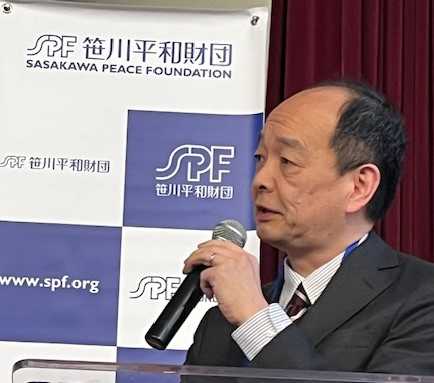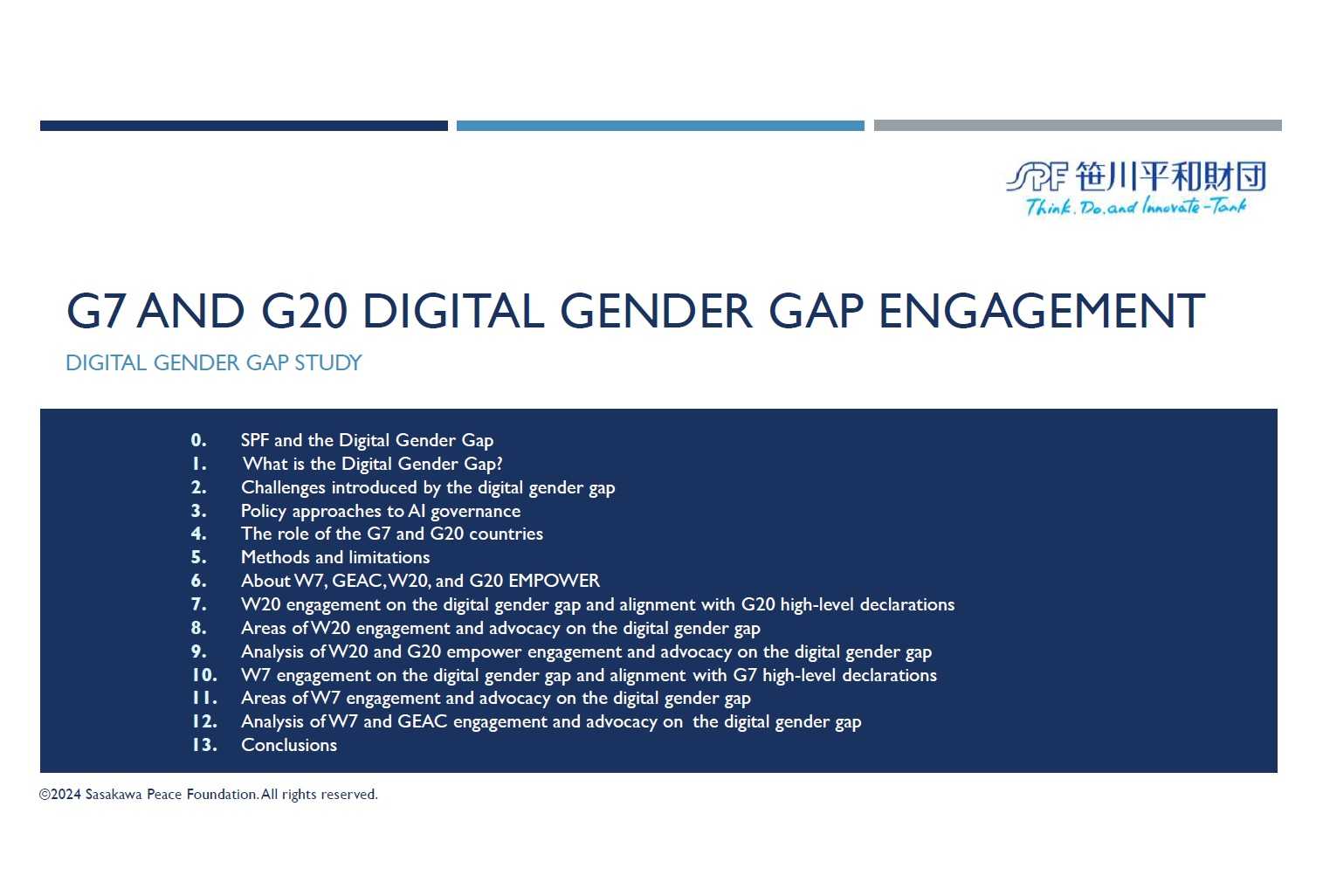The events’ discussions spotlighted Asia, a region with nearly 5 billion people, equivalent to approximately 60% of the total world population. This means that most of the world’s women are also in Asia, and many of them live in societies with significant gender gaps. The Asia region is incredibly diverse in terms of development. China, Japan, India, South Korea, and Indonesia are in the top ten largest economies in the world and, combined, they comprise approximately 30% of Global GDP. Despite high GDP, Japan and India have some of the biggest gender gaps in the world, ranking 125 and 127, respectively out of 146 countries surveyed by the World Economic Forum Global Gender Gap Report. Asia also has some of the world’s least developed countries, including Papua New Guinea, Timor-Leste, Nepal, and Myanmar. These macroeconomic inequalities also parallel contrasting levels of digital infrastructure and preparedness not only between these different countries, but within them as well.
According to a new report by the International Monetary Fund, Gen-AI: Artificial Intelligence and the Future of Work, “advanced economies will experience the benefits and pitfalls of AI sooner than emerging and developing economies, largely because their employment structure is focused on cognitive-intensive roles”. This forecast highlights risks brought by emerging technologies, including AI and those influenced by AI, of widening digital gaps between those that are already prepared, skilled, and empowered, and those who are not. Those who are already facing marginalization and exclusion, including women and those from emerging and developing economies, may find it increasingly difficult to bridge the digital divides. It also suggests that the potential and experienced harms of emerging technologies, which will first be experienced by advanced economies, may later also be inflicted upon emerging and developing economies as their markets develop. While the top economies in Asia may be poised to take advantage of digital innovation and transformation, digital empowerment will not be appreciated across the region uniformly due to the existing inequalities, and it is likely that technology will exacerbate these economic and social inequalities, including the digital gender gap.
There are mitigation efforts on the table to address the digital gender gap in Asia, including policies and legislation at the national, regional, and multilateral levels. The ASEAN Digital Masterplan 2025, 2023 ASEAN Digital Economy Framework Agreement (DEFA), and ASEAN Guide on AI Governance and Ethics provide governance frameworks to ensure economic growth and make sure that AI technologies are developed and used in ways that are understandable, equitable, secure, and respectful of human rights and privacy, with a strong emphasis on ethical standards and integrity. The 2023 G7 Japan Presidency launched ‘The Hiroshima Process International Guiding Principles for Organizations Developing Advanced AI Systems’ and ‘International Guiding Principles on Artificial Intelligence’. In many ways, Asia is leading efforts in digital transformation, AI governance, and closing the digital gender gap. However, as a region characterized by rapid and uneven economic development and high levels of income inequality, are such high-level policy commitments enough to close the digital gaps and inequalities that already exist both between countries and within society?
The 2023 G20 Leaders' Declaration, under India's presidency, committed to halving the digital gender gap by 2030 by addressing gender norms and barriers to accessibility, affordability, adoption, and usage of digital technologies; promote regulatory policy frameworks that enable all women and girls to actively participate in the formulation and implementation of national digital strategies, including enhancing digital literacy and skills. What are some of the challenges for achieving these commitments, particularly in Asia?
